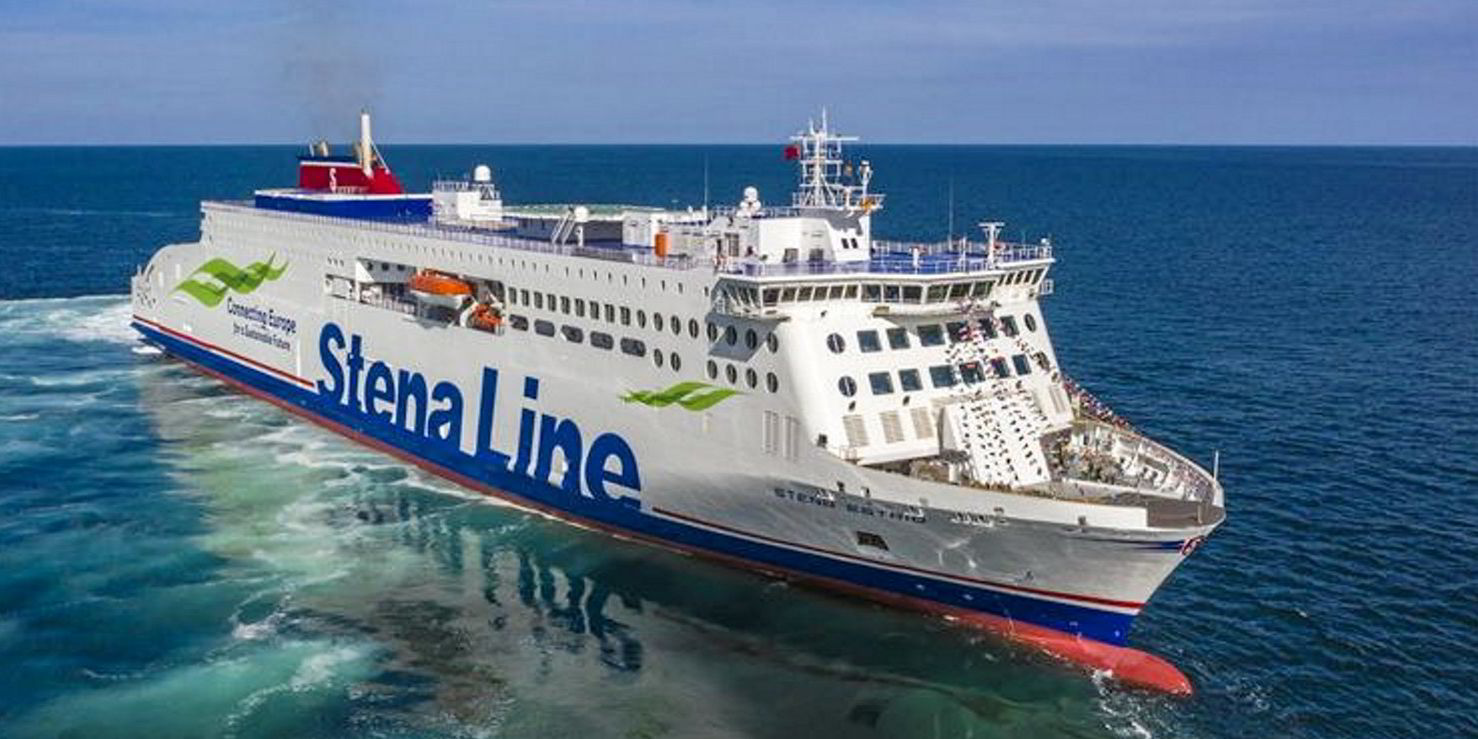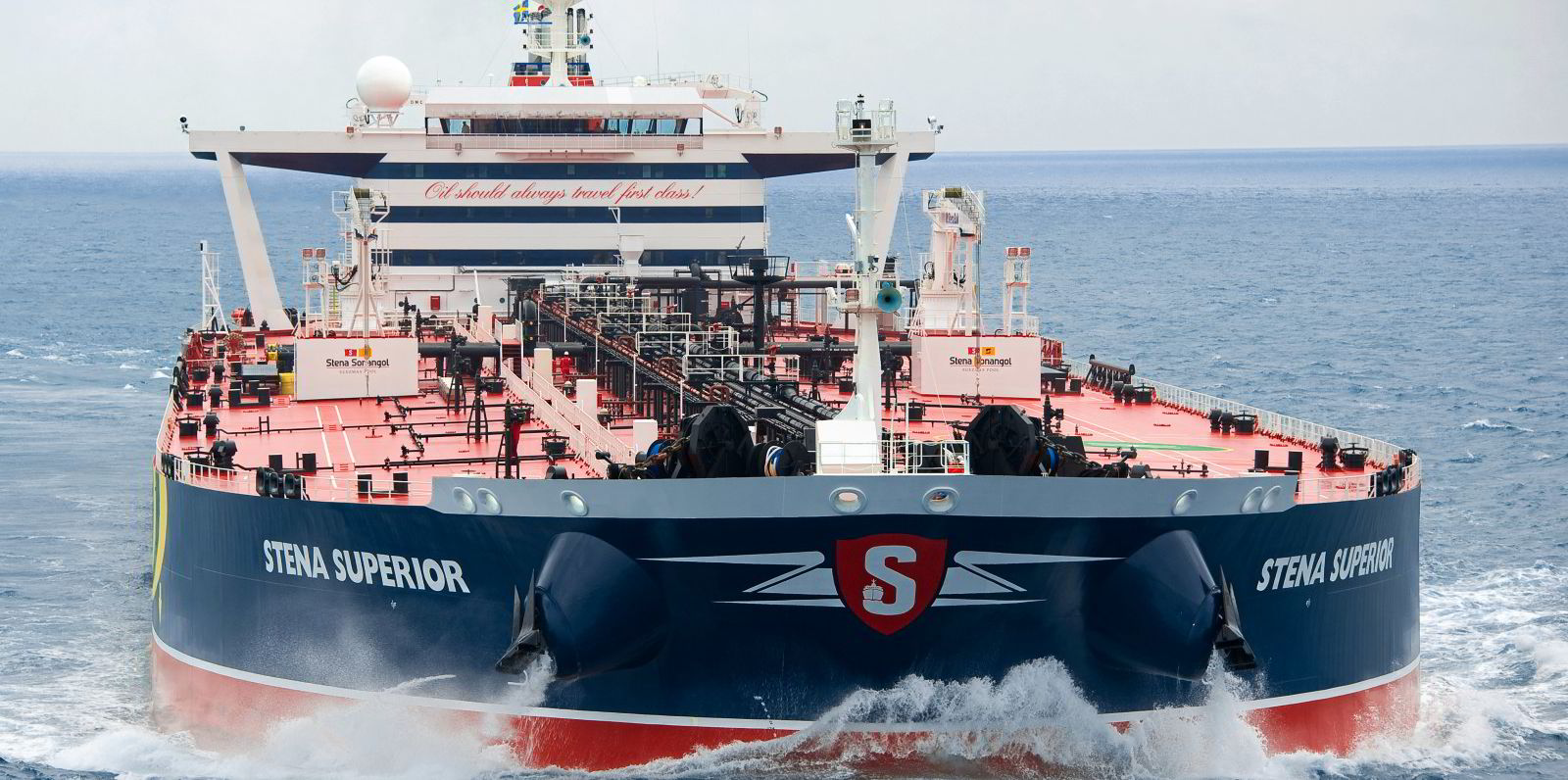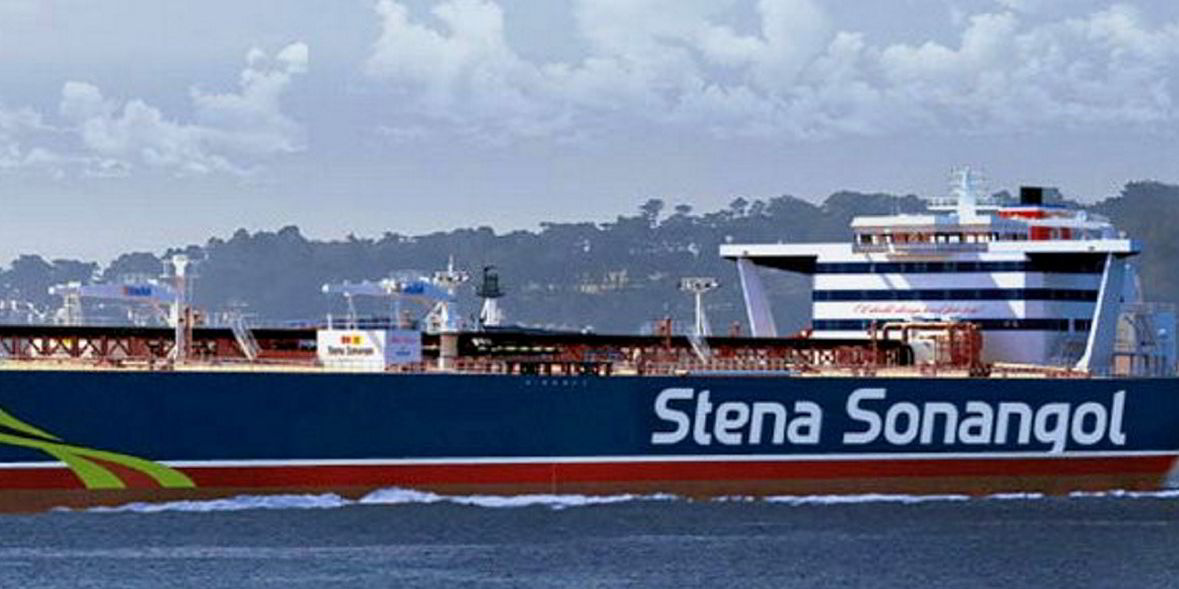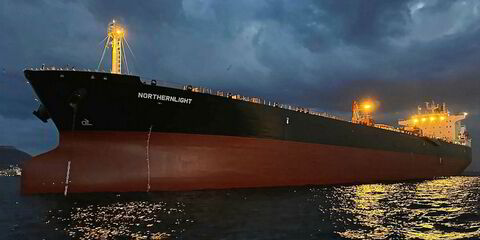While Stena chief executive Dan Sten Olsson described 2020 as an “annus horribilis”, this year will not prove much better for the tanker and ferry operator, a top analyst claims.
For the first time in its 80-year history, the Swedish company reported a loss for the year in 2020 of SEK 4.8bn ($577.3m).
“Unfortunately, we don’t believe this year will prove much better for Stena,” said Swedbank’s head of credit research Jonas Shum.
“Ferry operations have remained restricted by Covid-19 through the first part of this year, and shipping is not expected to see the boom in rates like it did last spring,” he said.
The Covid-19 pandemic brought lockdowns and closed borders. The number of Stena Line passengers fell by 75% as a result.
That said, Shum believes the light at the end of the tunnel is becoming “increasingly brighter”.
“Through the second half of 2021, we expect that the ongoing vaccine roll-out will gradually see passenger volumes return to normal for ferry operations, while tanker rates should improve as OPEC will have to leave more barrels on the sea, to meet higher energy demand, when global economies reopen,” he explained.

Shum said even Stena’s offshore drilling arm stood to benefit, as the segment has already secured new contracts implying coverage for four of its six rigs.
The Stockholm-based analyst pointed out that Stena finances have also been boosted by its recent $411m settlement with Samsung Heavy Industries over a cancelled drillship order and the sale of two vessels from its fleet – the 13,400-gt ropax Stena Nova (built 2003) and the 47,300-dwt tanker Stena Concert (built 2004) – which created total proceeds of SEK 700m.
The company also announced the sale of a major part of its international property portfolio which generated proceeds of around SEK 4bn.
“When we combine these prospects for underlying earnings improvement, with the recent asset sales and court win leading to cash proceeds exceeding SEK 8bn without any major earnings impact, we find that leverage is set for a sharper improvement than previously expected,” said Shum.
“In combination with an expected recovery of underlying ebitda, we find that these events should help Stena reduce its leverage by close to 50% by 2022 and potentially below 5x by 2024.”
Stena remains one of the largest tanker operators in the world with a fleet of close to 80 vessels, predominantly MR tankers and just over 20 suezmaxes.






